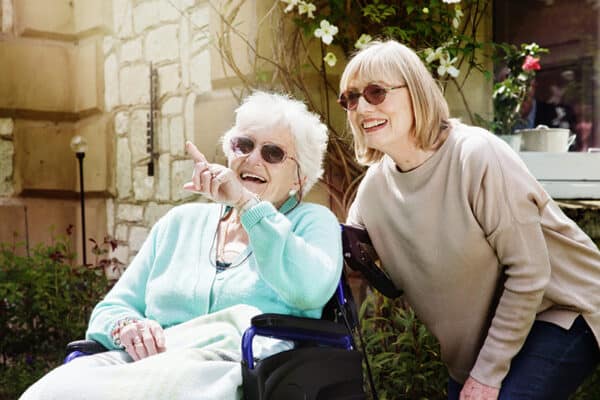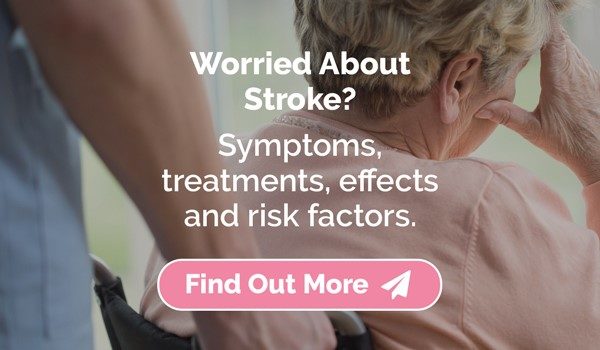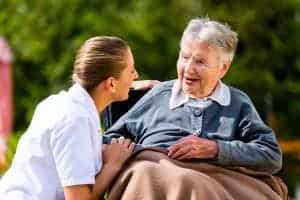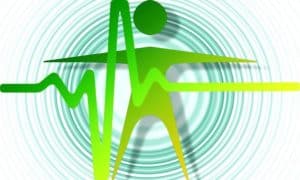Whether you’ve just suffered a stroke yourself or you’re caring for somebody who has, there are several emotional and practical challenges that may occur. It’s important to recognise that recovery from a stroke is not just physical, and that there are a whole host of mental and emotional health challenges alongside physical therapy. Having a support network for stroke survivors is vital in ensuring that you have the best chance of optimal recovery. Here, we look at the types of support that you may need, and how to ensure your network is robust, flexible and helpful.
What sort of support do stroke survivors need?
Depending on the level of physical recovery from a stroke, physical therapy may be needed to regain motor function, and reconnecting those parts of the brain that have been damaged by the stroke. However, this is not the only type of support that a stroke survivor will need to truly thrive.
Emotional support
Emotional support can be critical, especially in the early stages of recovery when stroke survivors are feeling at their most vulnerable. It’s important not to pressure stroke survivors to recover at a set pace. Everybody’s journey is unique. If there is slow progress, this may be frustrating, however, and may lead to feelings of hopelessness, anxiety, isolation and depression. It is vital, therefore, that family friends and therapists are on hand to help with such emotional challenges.
Practical support
Whether for transportation assistance or making arrangements for appointments, practical support will be needed in some form. Even if someone has made a good recovery physically, it may be necessary for somebody to take them to healthcare appointments.
Mobility support
A stroke may mean you need extra support with your mobility. Whether you need care at home with cooking or modifications to your home such as ramps and grab bars, it’s important not to put yourself at risk by trying to do everything yourself.
Extra support
There may also be a need for a stroke survivor to obtain information on various aspects of their recovery. This may include information on financial support, such as whether they can claim benefits and how their care will be paid for. Stroke support groups, online resources and healthcare professionals are vital in ensuring all the information is available to those who need it. There are also groups to support those caring for stroke survivors, and family members of those who’ve survived a stroke. They can be great resources for emotional support, practical advice and financial guidance.
A flexible network
Accepting support from just one avenue while excluding the others is not the best way to obtain the help needed. While family may be your first port of call, it is unlikely that you’ll want them to do everything for you. Trained professionals can offer an alternative that means spending time with friends and family will be a pleasure, and you can then obtain support from a wider network of helpers.
Being vulnerable
It can be difficult to accept help and support from others if you have previously been extremely independent. It is vital, however, that you lean on people in times of need. Recognise that this is only likely to be in the short term, especially if you are beginning to make a good physical recovery. There is no need to go it alone; strength comes in accepting when you need help and knowing when to ask for it.






